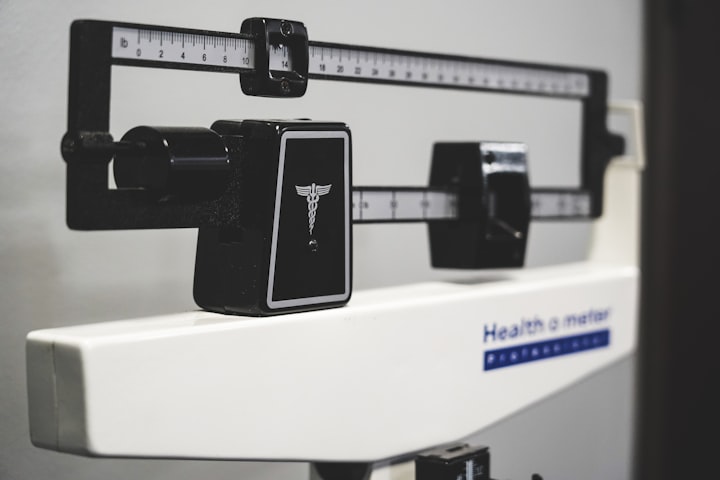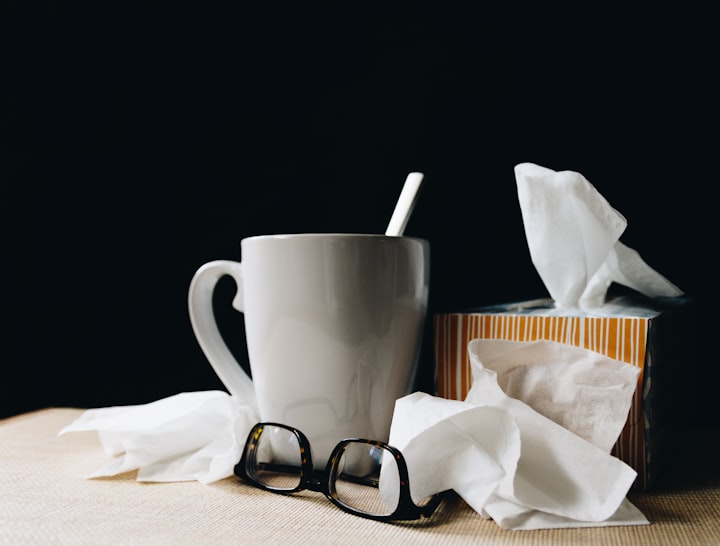What is the correlation between COVID-19 and being overweight or obese?
Are You at Risk of Poor Outcomes from COVID-19 Due to Obesity?

We've all heard about the potential risk of getting COVID-19 and its fatal consequences. But if you're overweight or obese, your odds of developing severe symptoms are even higher—putting you at risk for potentially poorer outcomes than those with a lower BMI (body mass index).
To understand why this is true—and what can be done about it—we must look at the science behind how obesity impacts our bodies during a viral infection.
We know that obesity changes how our body reacts to an infection. Being overweight or obese makes us more prone to inflammation, which causes metabolic changes and is linked to a weakened immune system. Our bodies typically produce cytokines—intercellular signaling proteins released by specialized cells like white blood cells—to fight certain infections. Still, too much cytokine production can cause inflammation throughout the body, leading to fever and tissue damage. This kind of response is called a "cytokine storm."
Some research has suggested that people who are obese might be more likely to develop a cytokine storm when they experience an infection like COVID-19. But other studies suggest there may be lower antibody responses due to poor cellular immunity in the most severely obese individuals, meaning their body's ability to produce antibodies in response to viruses decreased depending on their level of obesity.
The overall effect is that those who are overweight or obese suffer extreme fatigue and out-of-control inflammation caused by the disease. Severity ranges include hospitalizations and intensive care unit admissions—some of which can be fatal without early recognition and prompt medical intervention.
While there isn't one specific solution for treating COVID-19 in individuals who are overweight or obese, there are some preventative measures we can take:
Stick to a healthy diet
• A healthy diet is essential for maintaining good health and preventing chronic diseases. Here are some suggestions for a healthy diet:
• Eat various fruits and vegetables: Fruits and vegetables are rich in vitamins, minerals, and fiber. Eating colorful fruits and vegetables can help reduce the risk of chronic diseases such as heart disease, diabetes, and some cancers.
• Choose whole grains: Whole grains such as brown rice, whole-wheat bread, and oatmeal are rich in fiber, vitamins, and minerals. In addition, they can help reduce the risk of heart disease, diabetes, and some cancers.
• Include lean protein: Choose lean protein sources such as chicken, fish, beans, and tofu. These foods are low in saturated fat and can help build and repair tissues in the body.
• Limit processed foods: Processed foods are often high in salt, sugar, and unhealthy fats. Limiting processed foods can help reduce the risk of chronic diseases.
• Drink plenty of water: Water is essential for staying hydrated and maintaining bodily functions, aim for at least eight glasses of water per day.
• Limit sugary drinks: Sugary drinks such as soda, sports drinks, and sweetened tea can contribute to weight gain and increase the risk of chronic diseases. Limit sugary drinks and opt for water, unsweetened tea, or low-fat milk.
• Moderate alcohol consumption: If you drink alcohol, do so in moderation. Moderate alcohol consumption is defined as one drink per day for women and up to two drinks per day for men.
Eating a healthy diet can help improve overall health and reduce the risk of chronic diseases. It's essential to make gradual changes to your diet and choose a variety of nutritious foods that you enjoy. Consult a healthcare professional or a registered dietitian for personalized advice on creating a healthy eating plan.
Get regular physical activity. Here are three suggestions for getting 30 minutes of physical activity:
• Go for a brisk walk: Walking is a simple and effective way to get physical activity. Try to walk fast for 30 minutes, either outside or on a treadmill. If you're short on time, break up your walk into three 10-minute sessions throughout the day.
• Do a home workout: You don't need a gym membership to get a good workout. Many online resources and apps offer at-home workouts that require little or no equipment. Some examples include bodyweight exercises like squats, lunges, push-ups, and planks.
• Take a fitness class: Many gyms and community centers offer fitness classes such as yoga, Pilates, dance, or aerobics. These classes can be a fun and social way to get physical activity. If you're not comfortable going to a gym or community center, there are also many online classes available that you can do from home.
Remember, any physical activity is better than none. Aim to incorporate physical activity into your daily routine, whether taking the stairs instead of the elevator, gardening or playing with your kids. Starting small and gradually increasing your activity level can help make physical activity a regular part of your life.
Manage stress
• There are several easy and effective ways to manage stress. Here are some suggestions:
• Practice deep breathing: Deep breathing exercises can help calm your mind and relax your body. Take a few minutes daily to sit or lie quietly, close your eyes, and take slow, deep breaths.
• Exercise regularly: Physical activity is a great way to relieve stress. Even a short walk or some light stretching can help. Aim to get at least 30 minutes of physical activity each day.
• Practice mindfulness: Mindfulness involves focusing on the present moment without judgment. This can help you feel more relaxed and less stressed. Try a guided meditation or mindfulness exercise to get started.
• Get enough sleep: Lack of sleep can make stress worse. Ensure you get enough sleep each night, aiming for 7-8 hours if possible.
• Connect with others: Social support can help reduce stress. Reach out to friends or family members, or join a support group.
• Take breaks: Short breaks throughout the day can help you recharge and reduce stress. Take a walk, read a book, or listen to music for a few minutes when you need a break.
Everyone experiences stress, so finding what works best for you is essential. Try different techniques until you find the ones that help you feel the most relaxed and centered. For example, if your stress interferes with your daily life, consider talking to a mental health professional for additional support.
By following these tips, you may reduce your chance of experiencing adverse reactions related to obesity during an infectious outbreak such as Covid 19 (or any other virus) while increasing overall wellness now AND long into the future!
About the Creator
Dawn Warburton
Hi! I'm Dawn, a consumer and disability advocate currently pursuing a doctorate in Organizational Leadership. I advocate to empower parents and consumers to make informed decisions by sharing current research and leading practices.






Comments
There are no comments for this story
Be the first to respond and start the conversation.